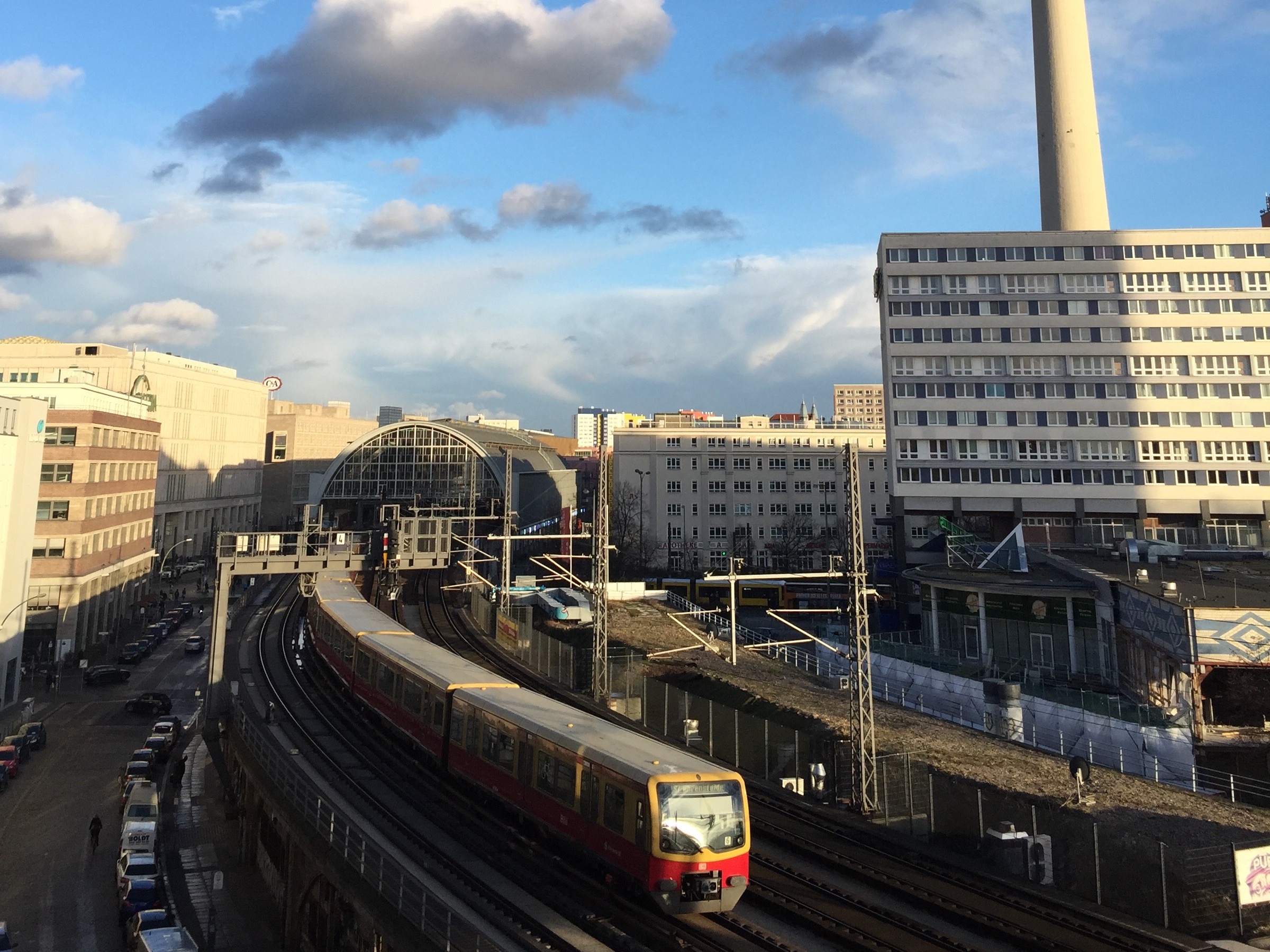Under the slogan ‘Now it’s time for movement’ the Berlin public transport company BVG and the Potsdam startup MotionTag are starting a project. Both project partners are pursuing the goal of making mobility in the capital more intelligent. The prerequisite for the changes is a detailed understanding of how the BVG mobility offer is currently being used. Up to 500 volunteers will therefore be anonymously recorded and evaluated for four weeks with exact data on their actual mobility behaviour.
How does it work?
The two Mobility specialists have created a BVG-MOTION app which is available for iOS and Android devices. This app is downloaded from the respective store. By participating in the survey, the user data is stored and sensor data is recorded during use in the city. The project partners thus receive information about spatial coordinates, time points and motion states of the users. The data collected by BVG-MOTION serve as a basis for adapting future mobility offers to the individual needs of Berliners.
When is this data collected?
As soon as the registration in the app has taken place, data points are collected. The data points contain spatial coordinates, time points and motion states. These data points can be used to calculate stages with different means of transport, their duration and length. If the app is used over a longer period of time, movement profiles lasting several days can be displayed.
The Startup MotionTag from Potsdam
For this data collection and analysis, BVG has teamed up with a startup from Potsdam. MotionTag was founded in October 2015 in Berlin by CEO Stephan Leppler and former CTO Florian Stock. The Mobility Startup is driving the transformation of mobility through analysis of information and applications of new technologies.
In this project with BVG, the analysis of smartphone sensor data can automatically identify when, where, with what and why people are moving. The generated data will be used to identify optimizations and create a basis for future-oriented traffic planning in Berlin. MotionTag, together with BVG, ultimately pursues the goal of making their transport systems more user-centered.
What initially looks a bit like ‘big brother is watching you’ has a really important benefit: collecting data on our behaviour in cities is an important basis for mobility providers.
On the road to sustainability in cities, we need data on user behavior. Only with the help of this data can we create integrated, modal transport infrastructures that help us prevent traffic congestion. Better coordination of these mobility services will ultimately lead to more sustainable, faster and environmentally friendly mobility provision. Anyone who has ever travelled in Berlin from Charlottenburg to Marzahn or from Zehlendorf to Pankow will be grateful for such an improved offer.
Click here to download the app and further information about this service. Let’s go Berliners: support the local transport provider. With more than 1 billion passengers in 2017 alone, the database is large and can play an important role for future mobility in the capital.
More posts from the category “News”:
Post a Comment
You must be logged in to post a comment.























